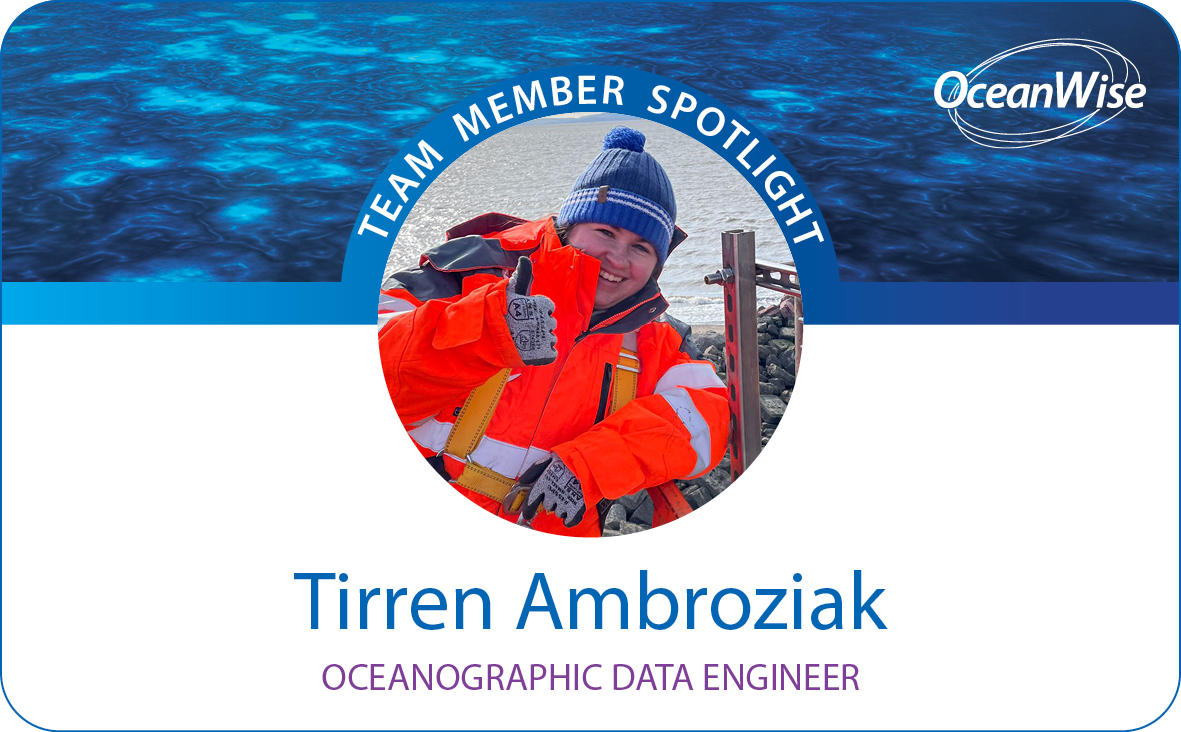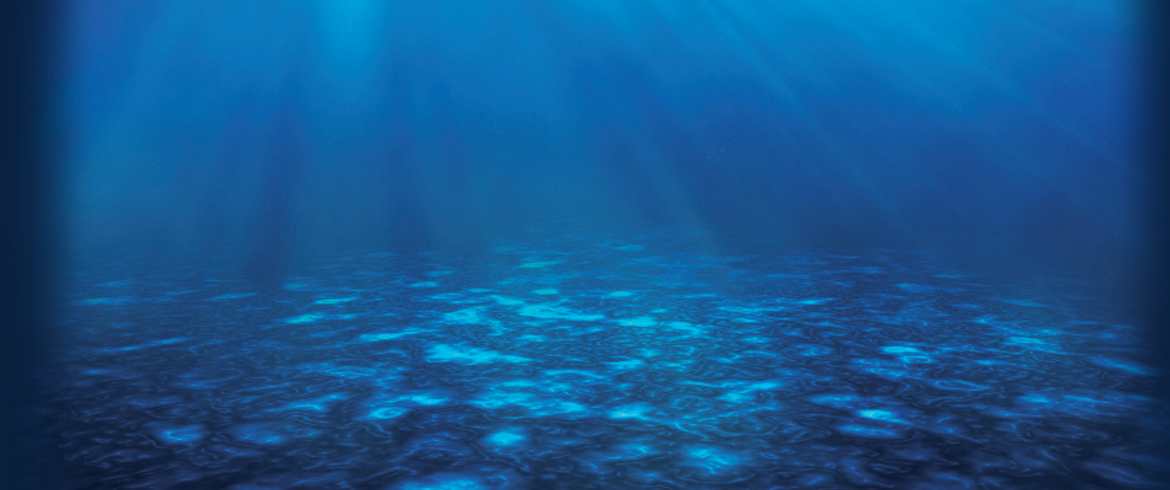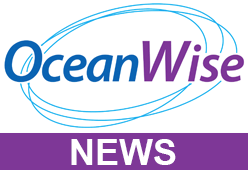Team Member Spotlight June 2022: Tirren joined OceanWise in 2021 as a graduate with a Masters degree in Oceanography. Since joining, Tirren has thrown herself into the job and now not only supports our field teams on site, she also helps maintain our mapping products and has taken a lead role in supporting our data platform (Port-Log). Tirren’s can-do attitude and ability to problem solve has meant that despite her short time with us, she is now a very important, respected and valued member of the team. In this team member spotlight we delve into Tirren’s thoughts for the future of environmental monitoring and ask if she has any advice for fellow graduates:
Q: What do you most enjoy about working for OceanWise?
I love going to site as I get to know our customers and their systems and get hands on with installing and maintaining environmental monitoring systems. Its great to see the equipment out in-situ in the elements and learn about how everything works together as a full system. Seeing the equipment on site, allows us to really understand the unique conditions at each specific location – which then allows us to install it in a way that the customer gets the best out of their data.
Q: What key skills have you learnt since joining the business last year?
I have learnt how to interact with clients and explain technical concepts in an understandable way. I have learnt why routine maintenance on our systems is vitally important and how to carry this out. I now also know how to complete all the necessary work pre and post paperwork for going into the field.
Q: As a graduate – do you have any key messages that you’d like to share with fellow graduates looking for their first job?
Yes! I had to work hard to get my first job – and applied for hundreds of interviews before I got my role at OceanWise. My message to anyone in the same boat would be “Don’t worry about how much time it takes to get your first job and more importantly, don’t compare how you’re doing with the rest of your class. The marine industry is small and a hard industry to get into – it will take time and effort but it will all work out in the end.”
Q: What three areas do you think will be important for the future of environmental monitoring (looking forward to the next 5-10 years)?
I think key driving factors will include:
1. The requirement for long-term studies of marine health around coastal areas – particularly for marine operators such as ports and harbours. It is vital that we know how organisations are impacting the marine environment and that we are tracking changes. I believe that the technology is there – so we should be actively using sensors and systems and taking time to figure out how we can best use these systems to monitor marine health.
2. As a result of the above, I think that data sharing will continue to increase in importance and there will be a drive to make monitoring systems more accessible to smaller businesses (like small ports, marinas, harbours) so that we can see the full picture. Having data from around the whole coast of the UK will really allow us to see what is going on and help us build a better future.
3. Finally, I think that there will be bigger use of environmental monitoring systems by offshore renewables (which will then also give us offshore data from around the UK.. if that data was shared!).







